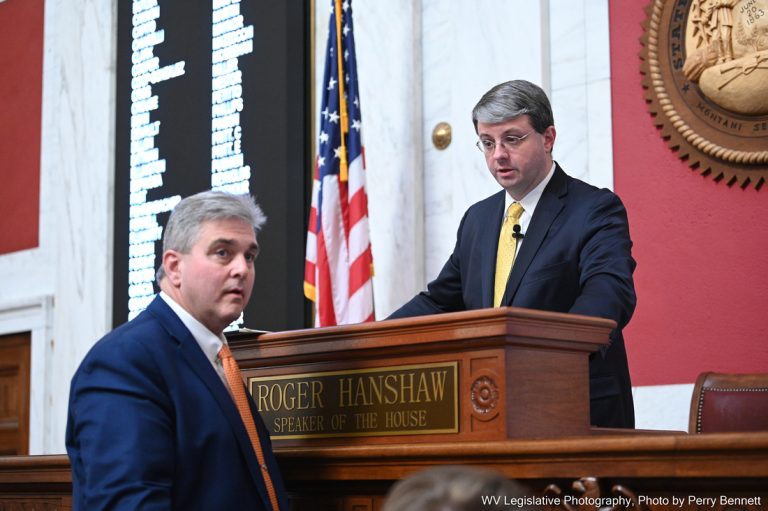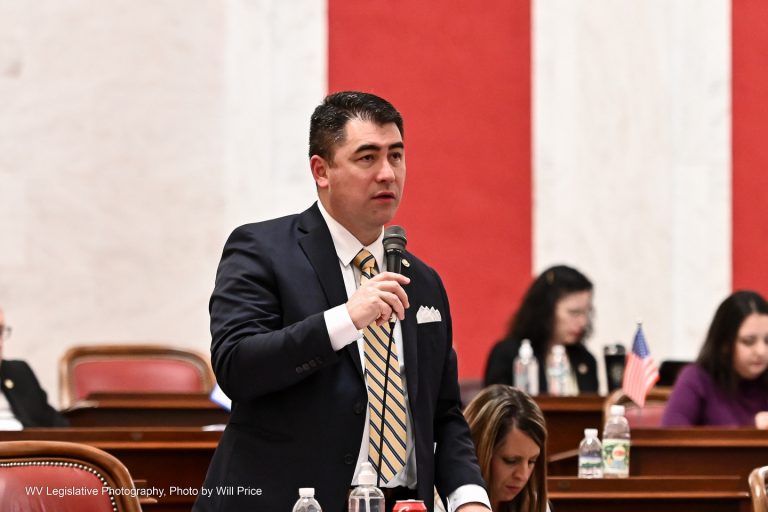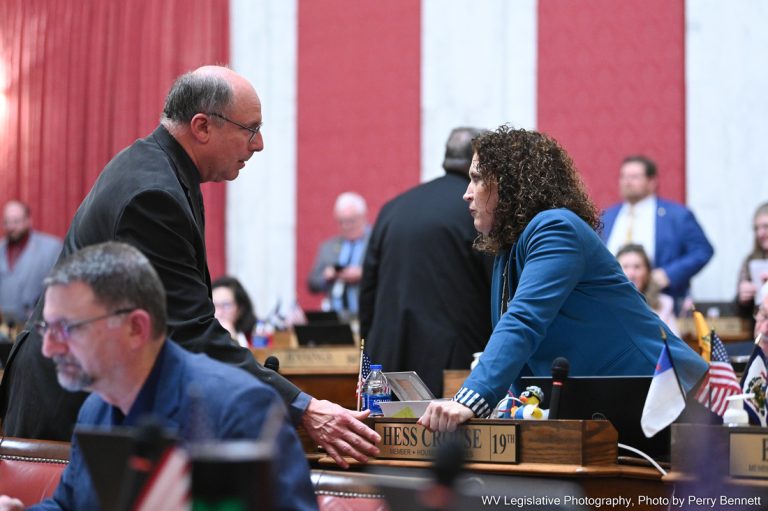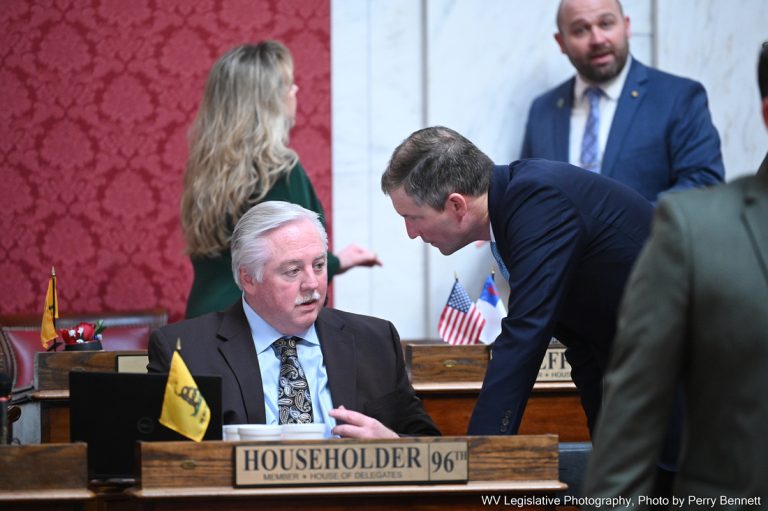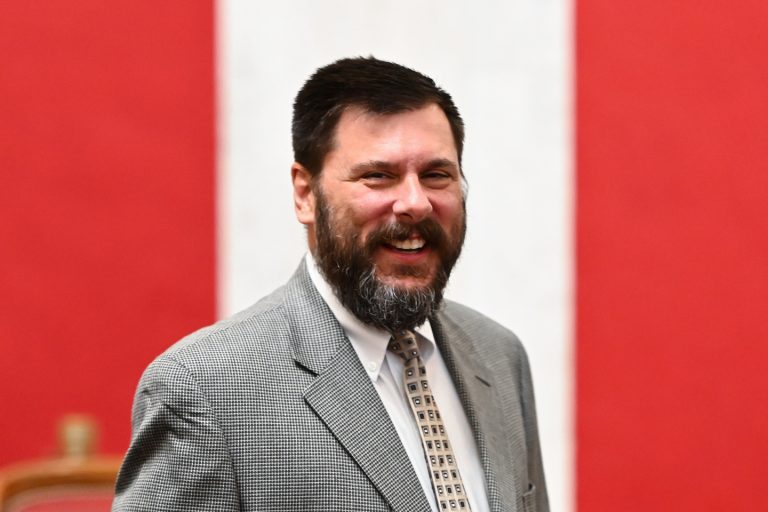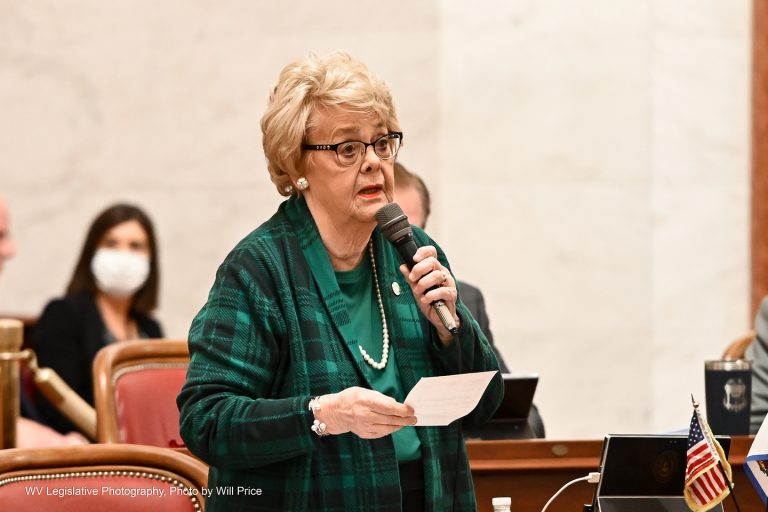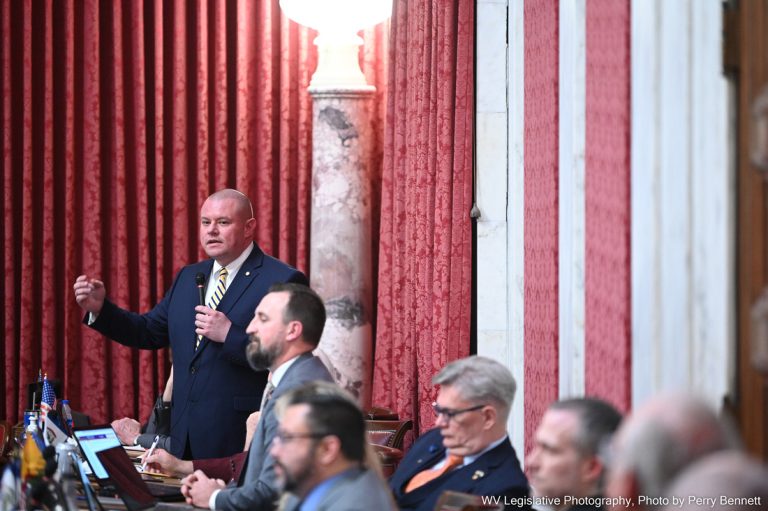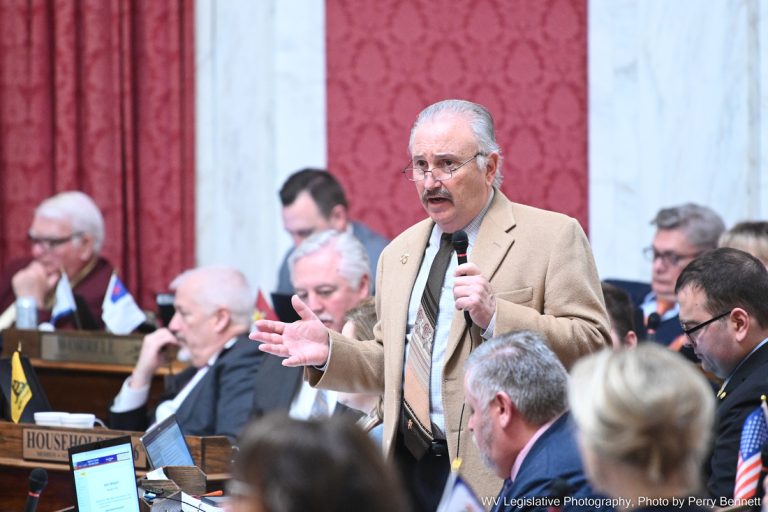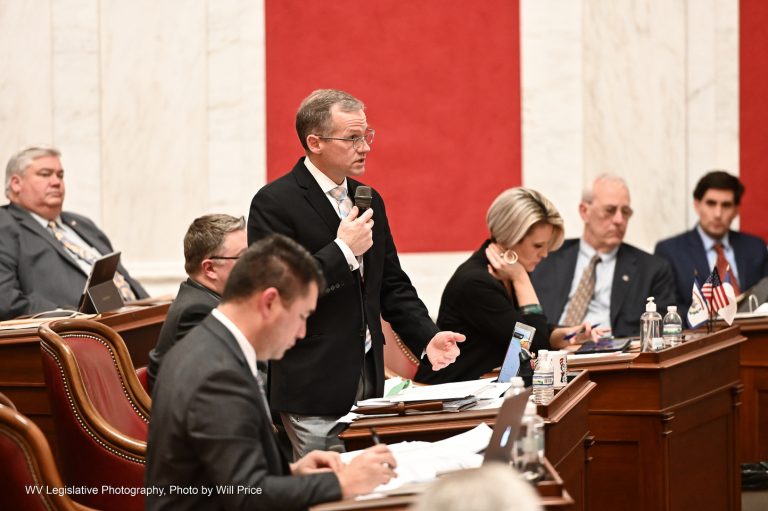During the final floor session of the first regular session of the 86th Legislature, the House reconsidered action on House Bill 3035. The House concurred with additional amendments to House Bill 3035 and House Bill 3135.
House Bill 3035 provides a statewide multi-tiered system of support and intervention of grade-level literacy and numeracy in grades K through 3. The Senate amended House Bill 3035 removes the provision for students to be at grade level in math by third grade. The amendment also removes the flexibility for counties to phase in the placement of assistant classroom teachers where needed. The amendment also removed the option to use paraprofessionals as teacher assistants.
House Bill 3135 modifies the salaries of the Governor and Constitutional Officers beginning January 1, 2025. The House’s version set the salaries for the Governor at $180,000 and Constitutional Officers at $115,000. The Senate amended House Bill 3135 would set the salaries at the amount paid to certain federal employees pursuant to two different federal employee pay schedules beginning in 2025. The Governor would be paid the rate of Grade 15, Step 10 federal employee. The 2023 salary rate is $177,978. The Constitutional Officers would be paid the rate of Grade 15, Step 4 federal employees. The 2023 salary rate is $129,269. Both salaries are set under the Salary Table For Locality Pay Area of the Rest of the US as published by the US Office of Personnel Management. Salaries cannot change during official terms, therefore salaries will be reevaluated every four years.
The House refused to concur with the Senate amendments on House Bill 3354. The bill authorizes municipalities to combine operations with other municipalities and counties to provide governmental services. The Senate’s amendment removed the Judiciary Committee’s amendment to eliminate the municipality’s ability to regulate gunpowder and combustibles, returning the bill to its introduced version.
The House adopted conference reports on the following:
For House Bill 3302, the Senate will recede from its position and both bodies will recede from their positions on the title of the bill. The bill clarifies that an embryo or fetus is a distinct unborn victim of DUI causing death and serious bodily injury.
House Bill 3261 states that provisional social workers who are laid off or ill during the four-year provisional licensure period may request the West Virginia Board of Social Work allow a reasonable interruption in service and allow additional time to complete the licensure requirements. The bill declares a crisis exists in certain parts of the state due to an absence of child protective services, youth services workers, youth caseworkers, and support staff. In these two judicial circuits, a three-year pilot program will be established.
Senate Bill 617 sets guidelines for submitting reports on cases involving instances of substantiated abuse and neglect involving a person with a developmental disability. The bill also establishes a mental health ombudsman. The bill requires a workforce study of the Intellectual and Development Disabilities Waiver Program.
The House is Adjourned Sine Die.


